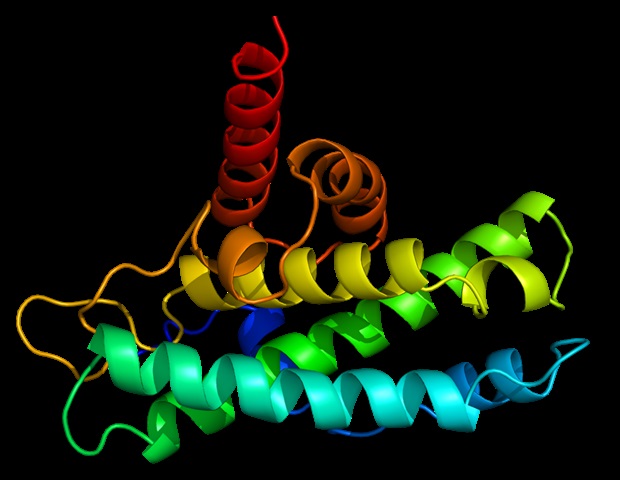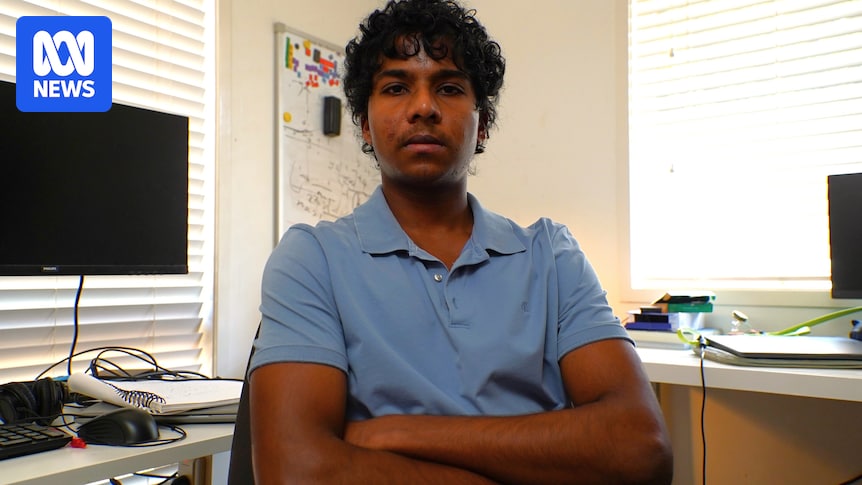
CHICAGO – Preliminary findings from a groundbreaking clinical trial reveal no adverse neurodevelopmental effects from brief inhaled anesthesia and surgery in infants and young children. The study, published in the Online First edition of Anesthesiology, the peer-reviewed journal of the American Society of Anesthesiologists (ASA), provides much-needed clarity on a topic of significant concern to parents and healthcare professionals alike.
Conducted by Ji-Hyun Lee, M.D., Ph.D., of Seoul National University Hospital, Republic of Korea, and colleagues, the study employed a “balanced” anesthesia strategy. This approach utilized a lower dose of the inhaled anesthetic sevoflurane and found no meaningful short-term differences in IQ or child behavior problems. “These findings support existing evidence suggesting that brief anesthetic exposure is unlikely to result in clinically significant neurodevelopmental impairment,” the researchers noted.
Background and Context
Concerns regarding the potential neurotoxic effects of general anesthetic or sedative drugs in young children have been raised by animal studies. In response, the U.S. Food and Drug Administration (FDA) issued warnings in 2017, cautioning that prolonged or repeated exposure to these drugs “may negatively affect brain development in children younger than 3 years.”
Randomized clinical trials are considered the gold standard for assessing such safety concerns. A previous randomized trial, known as the GAS study, reported normal neurodevelopmental outcomes in children exposed to sevoflurane. However, that study used an alternative method, awake regional anesthesia, which is not widely accessible, leaving a gap in research that Dr. Lee and colleagues aimed to fill.
Study Design and Findings
In this recent trial, 400 children under two years of age undergoing one-time surgery with general anesthesia were randomly assigned to receive either inhaled sevoflurane alone or a balanced strategy incorporating an intravenous sedative (dexmedetomidine) and a short-acting opioid (remifentanil). The balanced strategy was intended to reduce the sevoflurane dosage required to maintain anesthesia during surgery, which lasted less than 90 minutes.
When the children reached approximately 30 months of age, researchers evaluated their neurodevelopmental outcomes using a nonverbal intelligence test and a parent-reported child behavior scale. The analysis, which included complete data on 343 children, revealed little to no difference in outcomes between the two groups. IQ and behavioral scores were similar, and language development measures were comparable.
“Although the balanced approach effectively reduced sevoflurane requirements during surgery, it did not provide measurable developmental advantages,” Dr. Lee and coauthors wrote. They emphasize that these results are preliminary, with final results to include a long-term follow-up at five years old.
Expert Opinions and Implications
The study has been hailed as a significant contribution to an area where definitive evidence is challenging to obtain. An accompanying editorial by Andrew Davidson, MBBS, M.D., and Caleb Ing, M.D., MS, underscores the complexity of studying neurodevelopmental outcomes in children who require surgery, as they may have other health issues influencing these outcomes.
As anesthesiologists and parents await further results from long-term follow-ups and future clinical trials, the current findings “are incredibly helpful in consolidating knowledge” on the safety of inhaled anesthesia in young children, according to Drs. Davidson and Ing. They concluded that the lack of an effect from differing sevoflurane doses on neurodevelopment might argue against sevoflurane being a cause of neurotoxicity.
Looking Forward
The ASA continues to provide resources and information for parents of children undergoing surgery and anesthesia. Founded in 1905, the ASA is a leading educational, research, and scientific society with over 59,000 members dedicated to advancing the practice of anesthesiology and ensuring comprehensive patient care before, during, and after surgery.
As the medical community anticipates the final results of this study, the preliminary findings offer reassurance that one-time general anesthesia does not adversely affect neurodevelopmental outcomes in infants and young children requiring surgery. This development is a crucial step in understanding and mitigating the risks associated with pediatric anesthesia.







